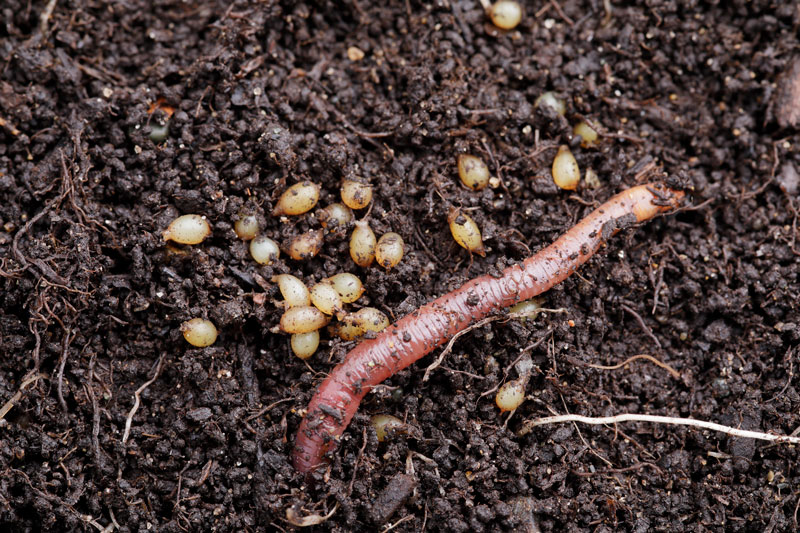When deciding between compost or worms, Brian Fraus, owner of Texas Big Worm Farm in Bertram, has some advice.
“If you’re gardening, you need to be composting,” Fraus said. “If you just want to get rid of food scraps without throwing them in the garbage, you need a worm bin.”
Worms and compost work even better together, if gardening is the goal. No garden, no problem. Worms are nature’s garbage disposals without the noise.
Worm bins dispose of kitchen scraps like magic. Throw in a banana peel, and it’s gone in a week. That same process takes two years without the help of a bin of annelids.
Within a few weeks, that banana peel becomes worm castings (the polite way to say worm poop), a rich nutrient favored by gardeners as a soil supplement. It’s the circle of life, Fraus said, for $35 a pound, or about 1,000 worms, which is all you need to get started.
suzanne@thepicayune.com
Worms at work in your garden

Worms reproduce by laying eggs. As simultaneous hermaphrodites, they use both their male and female reproductive organs when breeding. With every worm reproducing, the population can double every 60 to 90 days.
